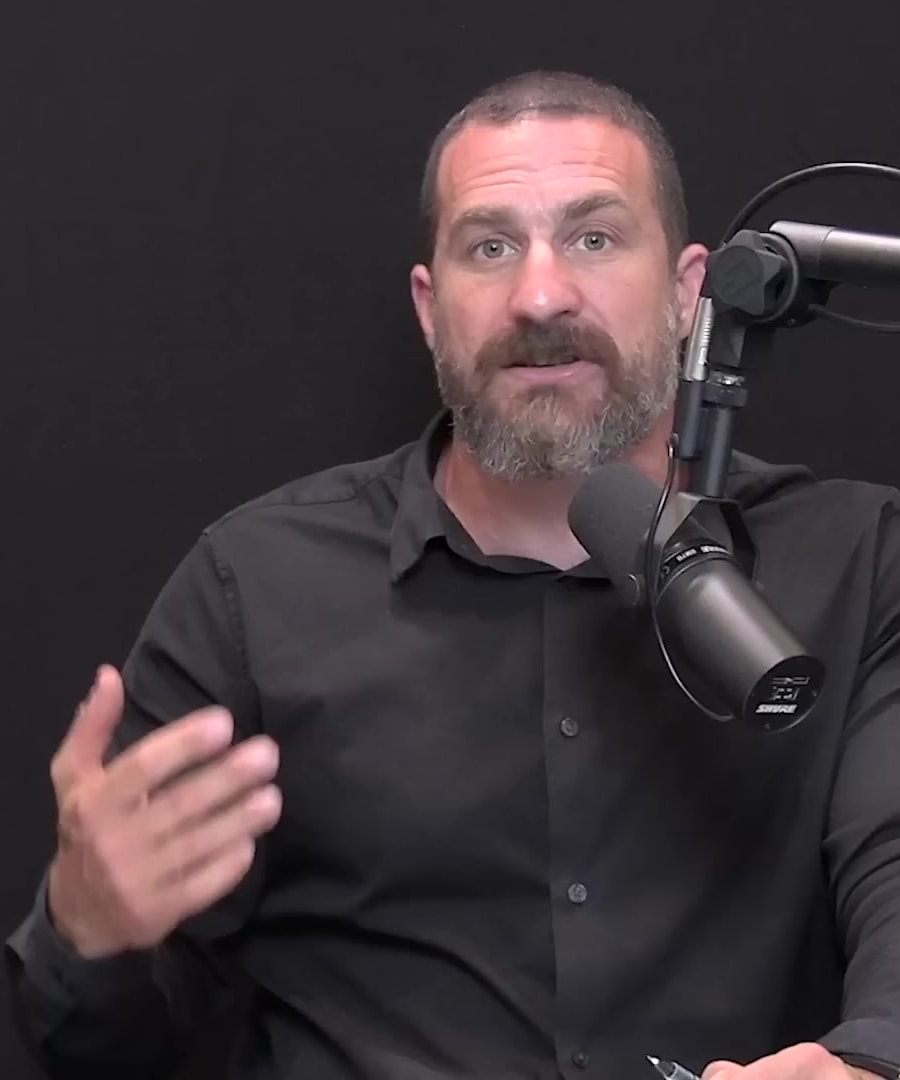Why is bright light at night bad for sleep?
Sources:
Bright light exposure at night, particularly between 10:00 PM and 4:00 AM, is detrimental to sleep for several reasons:
-
Suppression of Melatonin: Melatonin, the hormone responsible for sleepiness, is suppressed by exposure to bright light. This prevents the natural onset of sleepiness and disrupts sleep 1.
-
Activation of Neural Pathways: Bright light activates neural pathways that would typically respond to morning light. This activation tricks the body's circadian rhythm, making it think it's daytime and reducing sleepiness 1.
-
Impact on Dopamine: Bright light exposure during these hours suppresses the release of dopamine—a neuromodulator associated with wakefulness—which can lead to mood disturbances and disrupted sleep 2.
-
Advice on Light Usage: To promote better sleep, it’s advised to use low-intensity light sources like candles or moonlight at night. Overhead and fluorescent lights, which mimic daylight, are particularly disruptive 3.
-
Viewing Evening Light: Exposure to evening light can slightly offset the negative effects of artificial light but does not completely negate the need to minimize light exposure at night 1.
It is recommended to dim artificial lights and limit bright light exposure during night hours to maintain healthy sleep patterns.
RELATED QUESTIONS-
Why is bright light at night bad for sleep?
- RELATED QUESTIONS


